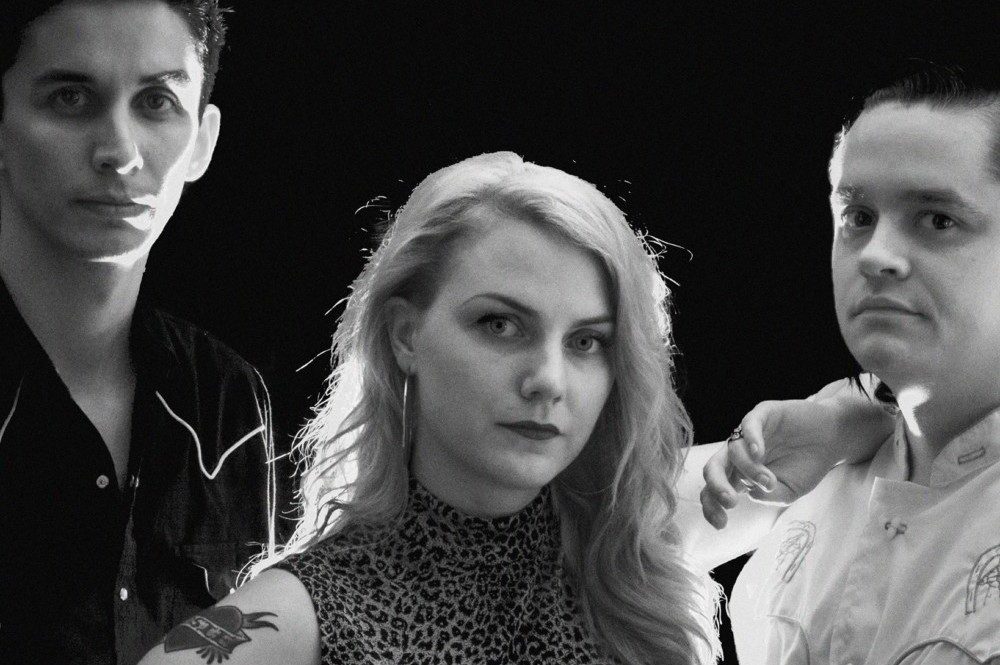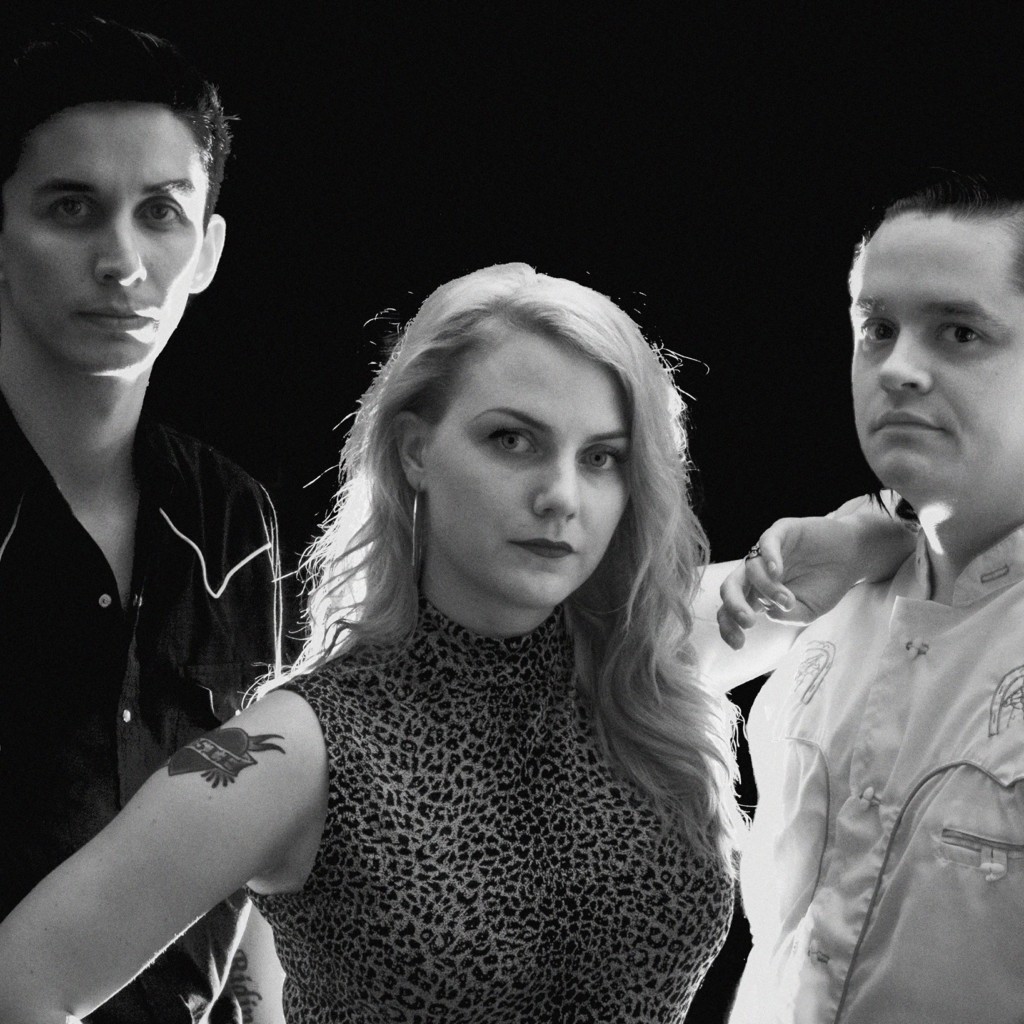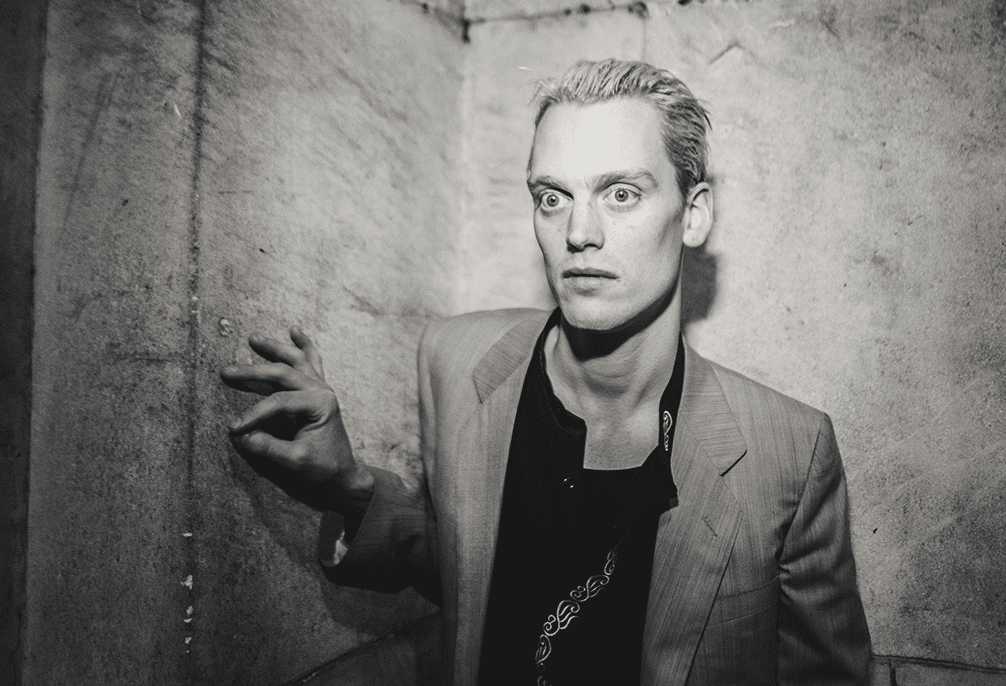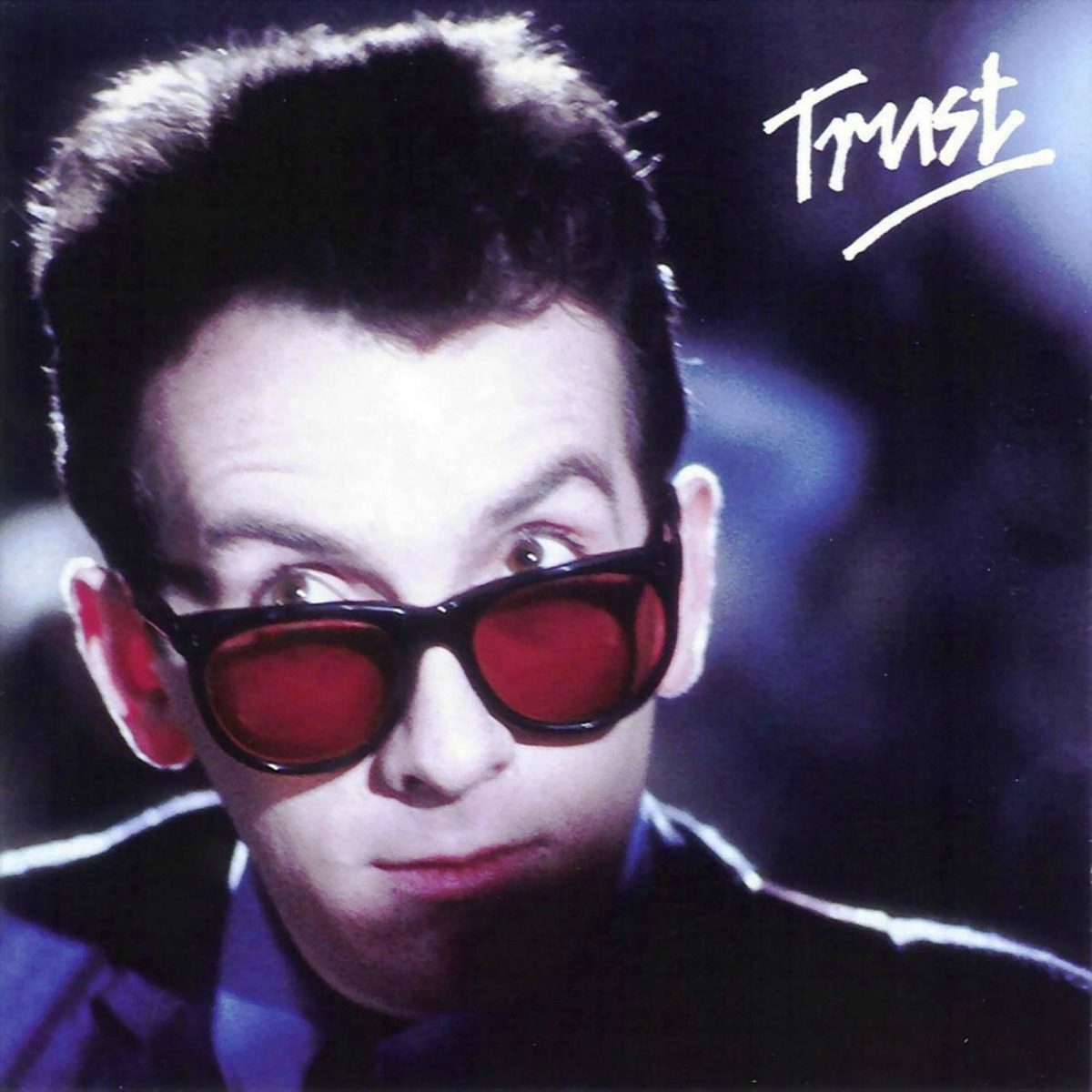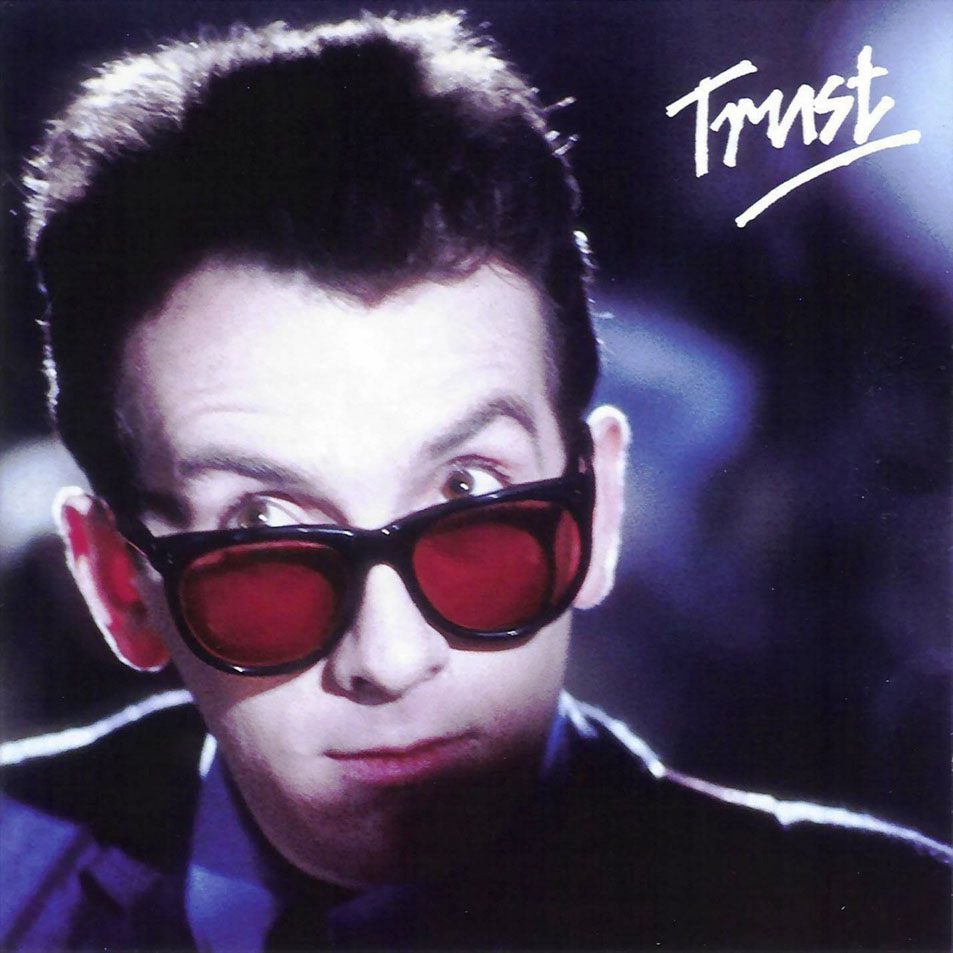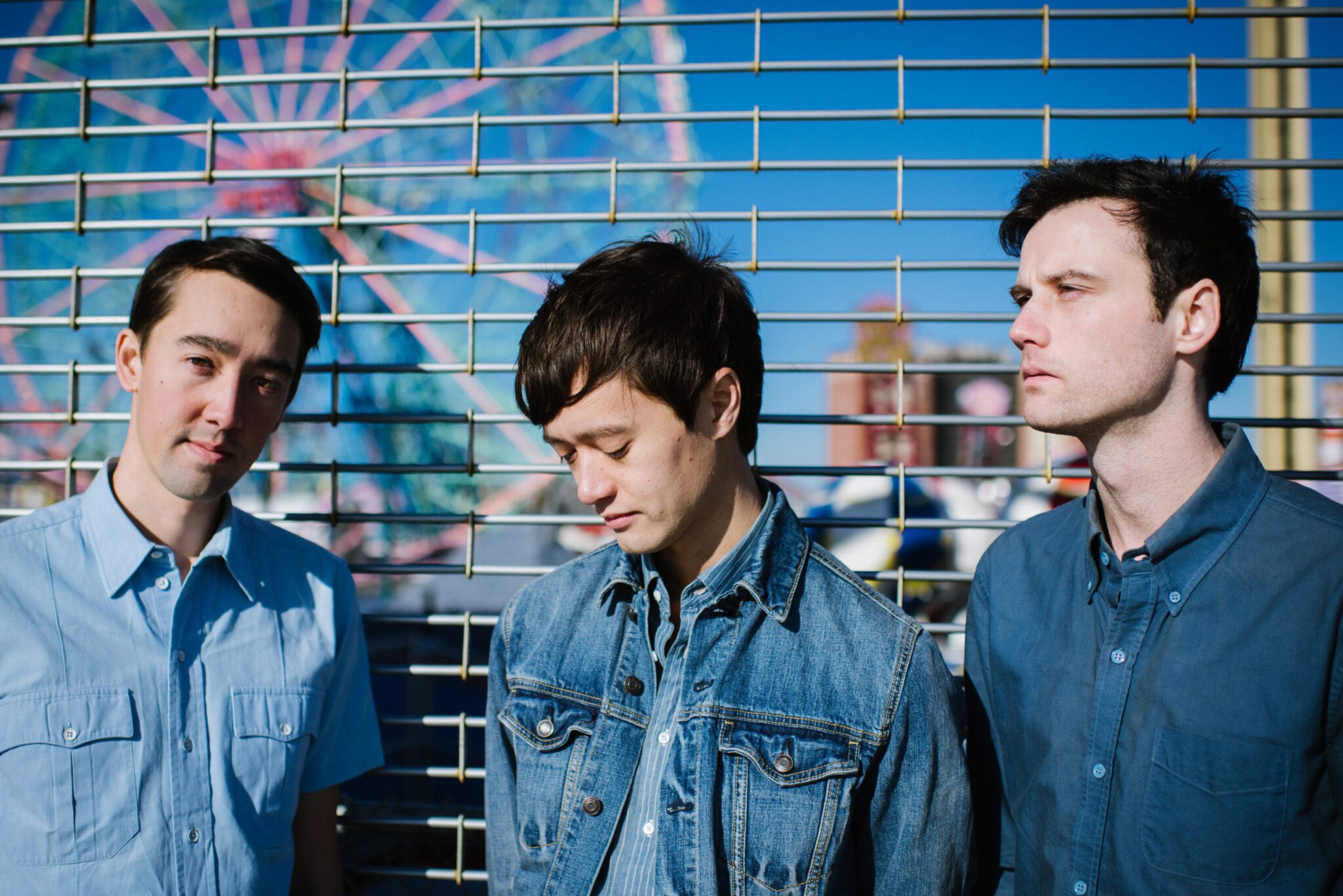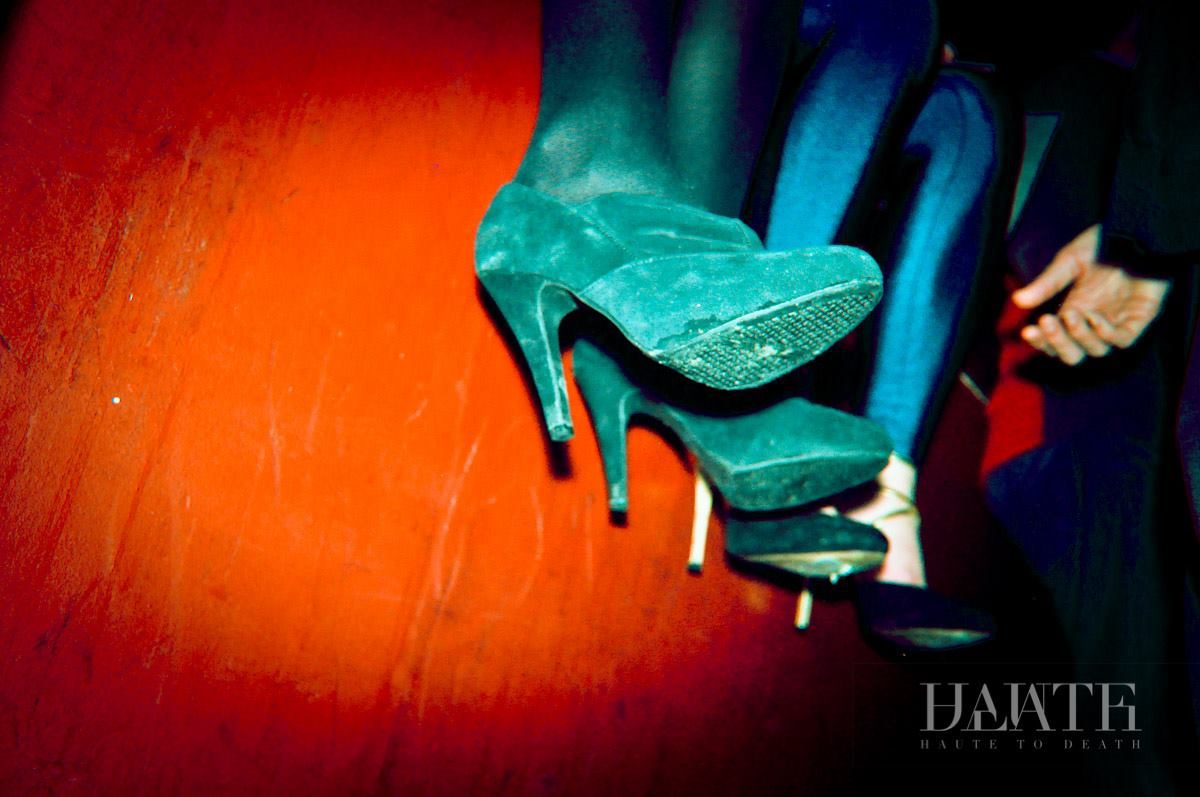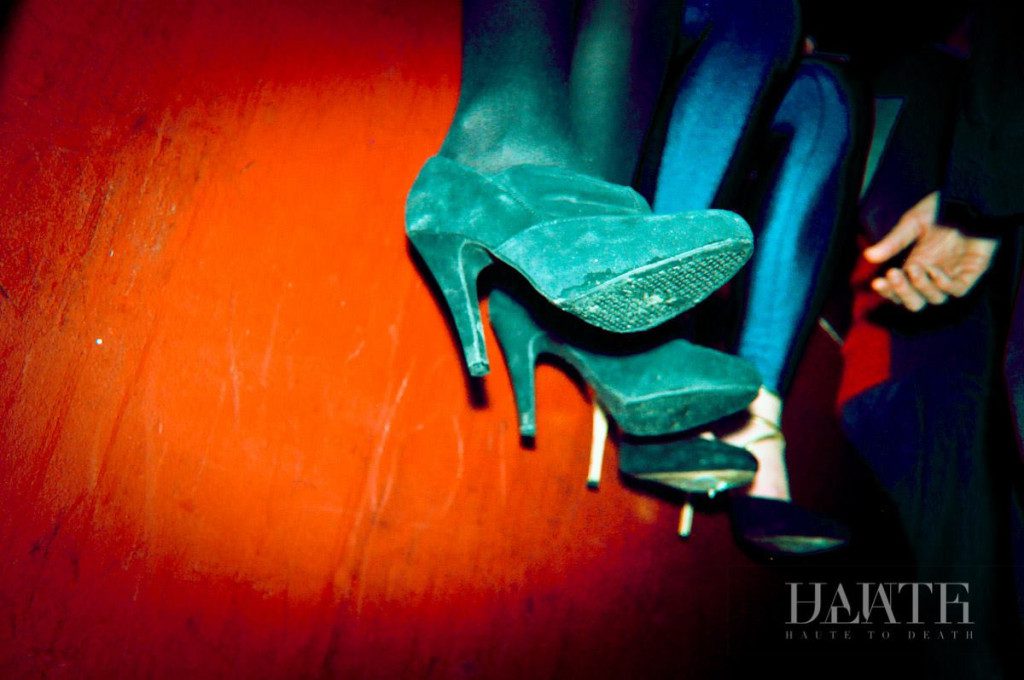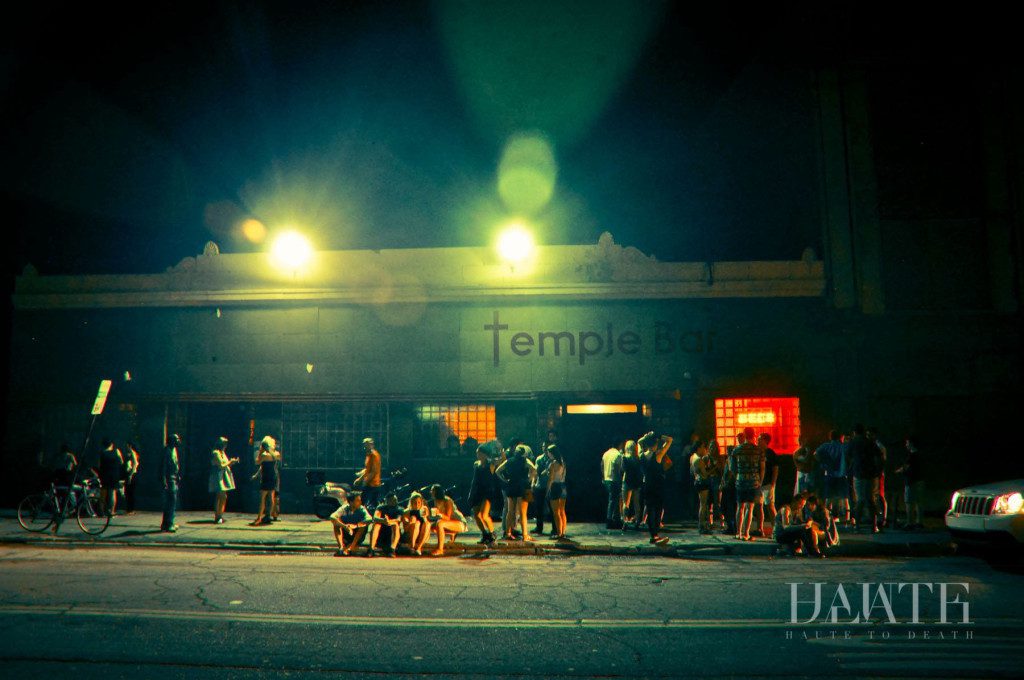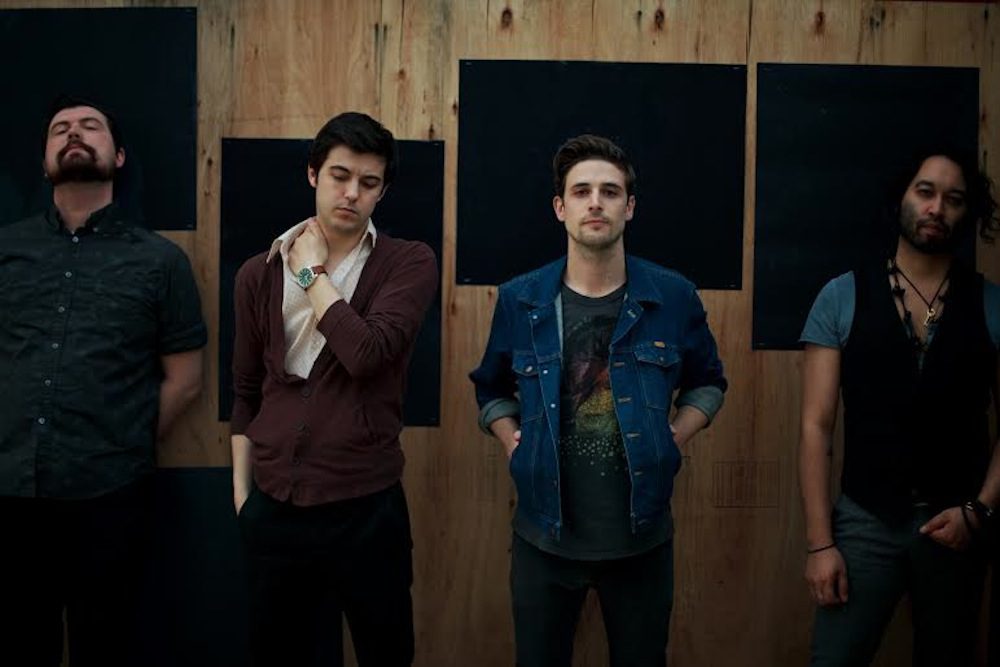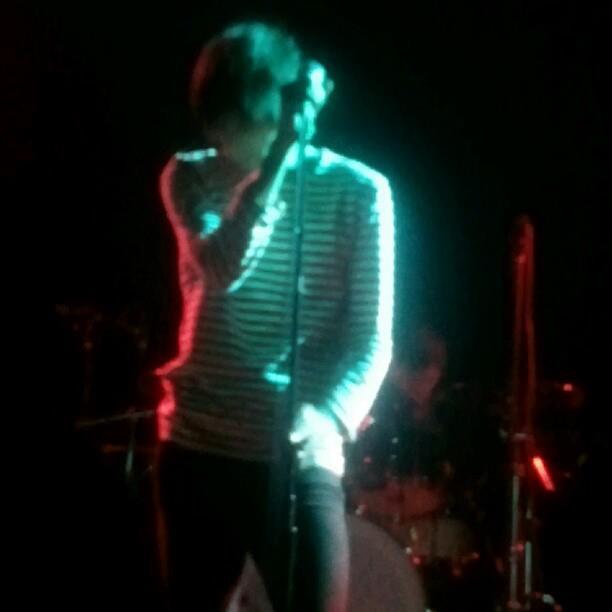PLAYING DETROIT: Blow Pop Finds Escape in ’80s Sounds with “Friendly” Premiere
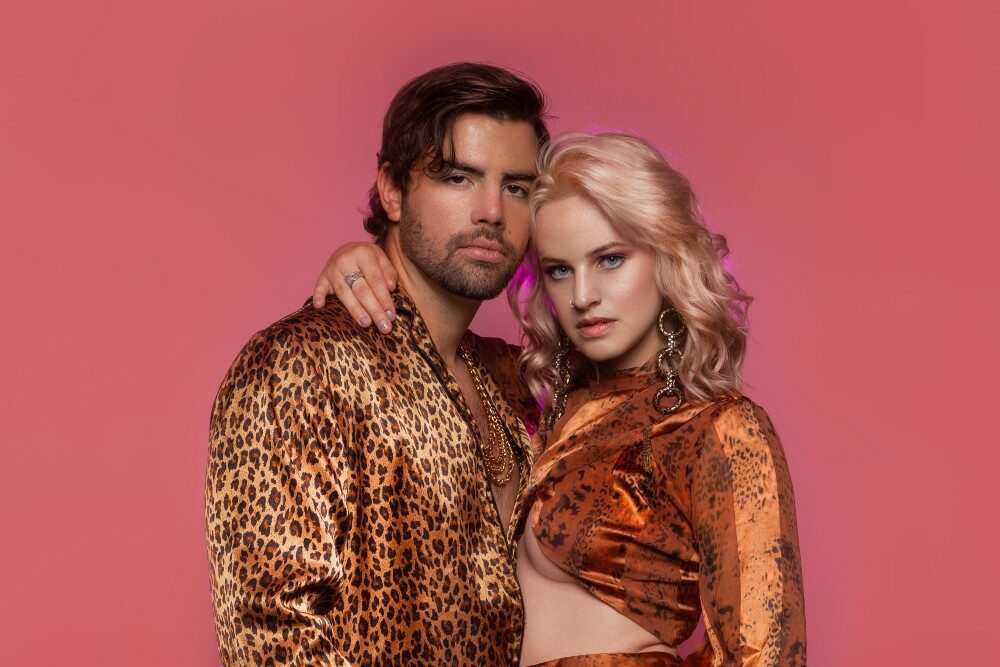
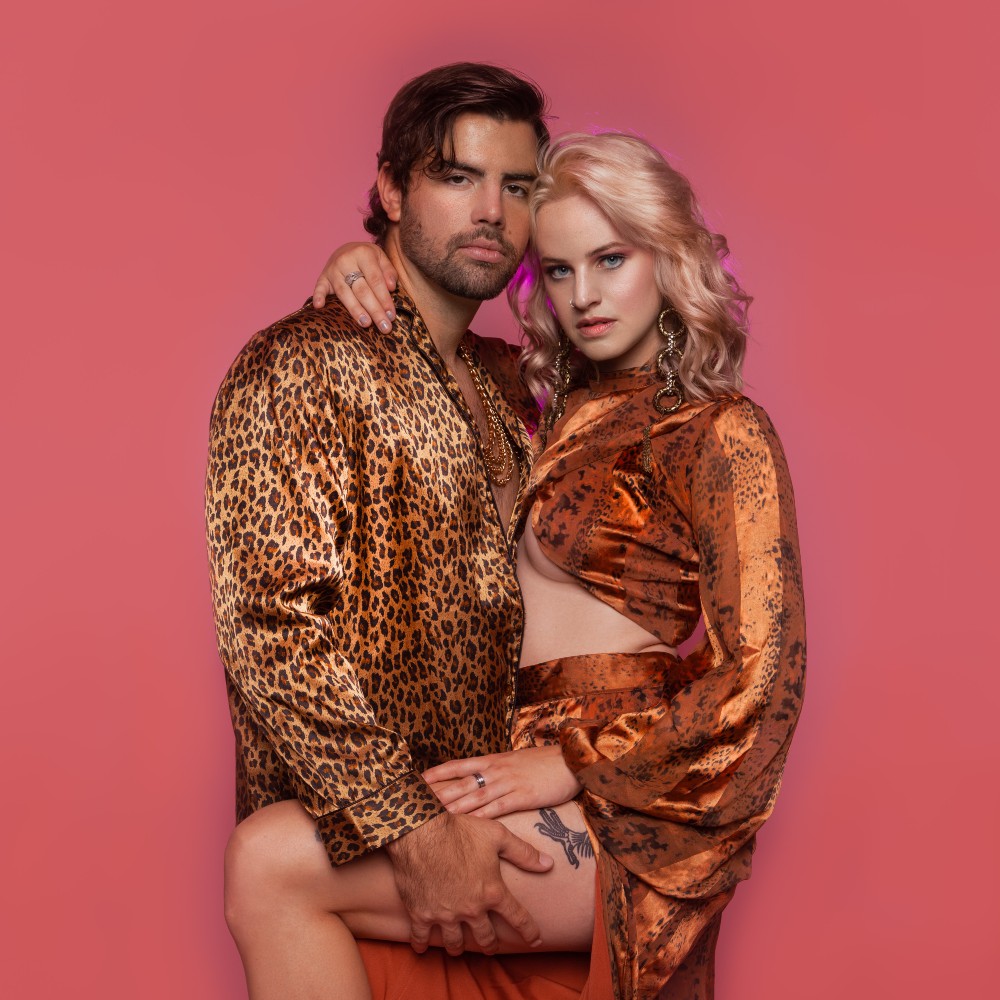
Before the pandemic, Keaton Butler and Avery Reidy were just friends. They were also living the hodge-podge lifestyles that most working musicians end up scraping together to make ends meet. Butler was bartending, engineering sound for live shows, and performing in three different bands. Reidy was traveling around the country every week, Monday through Thursday, working as an acoustics consultant. Since the pandemic hit, their lives have changed drastically: they went from performing on stage to performing on screen; Butler transformed from country queen to bubble gum goddess; and the duo went from being friends to becoming lovers. Blow Pop is the amalgamation of years and friendship between Butler and Reidy, a shared love of Prince and Donna Summers, and a need to escape into something light during these heavy times.
“It’s sort of like a break to us,” Reidy says. “Just fun and easily digestible… no frills. It felt like we needed it for ourselves, and we thought maybe people would enjoy it.” Last year, they released three songs – “Put You Down” in June, with “So Right” and “Nobody” following in November. But Blow Pop is just getting started.
Like the 7″ singles of decades past, Just Friends – out digitally this Friday – is comprised of two songs: A-side “Friendly” premieres today, exclusively via Audiofemme. The couple recorded both tracks while staying with family in Florida; traveling there meant they had to trade in their usual array of instruments for a single midi keyboard and a mic. This change in medium opened new doors of creativity for the pair, who wrote, recorded, mixed and mastered the songs on their own. Instead of acoustic guitar, they layered synths and booming percussion to create a wall of sound that supports Butler’s impermeable vocals.
On “Friendly,” Butler tells the familiar tale of reconciling with an ex. The song opens with sparse electric piano and Butler singing, “Won’t you treat me again like you did back in the old days/Cuz I want nothing more than for us like before to be friendly/I’ve heard through our friends that you’d rather pretend you don’t know me/But I’ve spent way too long feeling like I did wrong/That’s the old me.” The percussion comes cascading in as Butler vows not to let hard feelings get in the way of her happiness. Her unapologetic lyrics and nostalgic melodies are reminiscent of ’80s pop queens, which is fitting considering she has Debbie Harry’s face tattooed on her arm. “She’s like my idol,” says Butler. “My biggest influence writing for this project is probably Blondie.”
Aside from Blondie, Butler says Dua Lipa has had a big influence on her effervescent songwriting. “Over the summer, I just wanted [to listen to] something really happy,” says Butler. “So I was just listening to Dua Lipa a lot.” Like so many of us over the last year, Butler and Reidy have been searching for ways to escape, to pretend reality is anything other than being in the same apartment everyday, doing the same thing. Blow Pop is not only a sonic escape, but also a complete role play – an opportunity to immerse themselves in different characters that live far outside of constricting reality.
Both Reidy and Butler are well accustomed to performing; whether it’s for Butler’s pre-pandemic country night, charading as Missy Mae at Trixie’s Bar, or Reidy’s proclivity for acting out random scenarios with strangers, it’s clear that both of them get a high from taking on various identities. “It’s a big mental escape for me,” explains Reidy. “Even doing mundane things when I was working a nine to five felt like performing to me. I used to… do these noise surveys where I’d just have to talk to like a million people and it was like a character – like I turn this different person on. It’s kind of always how I’ve looked at life.” The world’s a stage, so they say.
The couple definitely harness their inner glam rockers as Blow Pop. Both “Friendly” and its B-side “Got the Moves” inspire the listener to put on some pink tights and red lipstick and dance like they’re at the disco. “Whenever we do a photoshoot, I only wear her clothes,” says Reidy. “That’s been the norm at this point, which is why we’re so colorful and fun.”
Just Friends is yet another beautiful, bright piece of music to come out of the rubble of this year, speaking to the buoyancy of pop music and the resilience of people who make it.
Follow Blow Pop on Instagram for ongoing updates.

